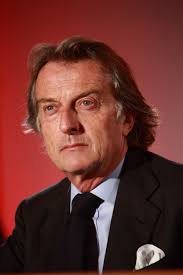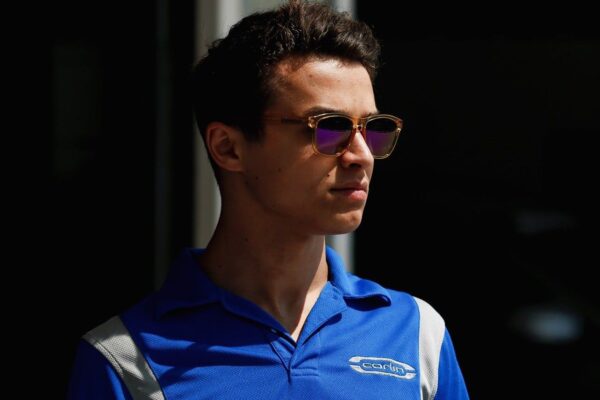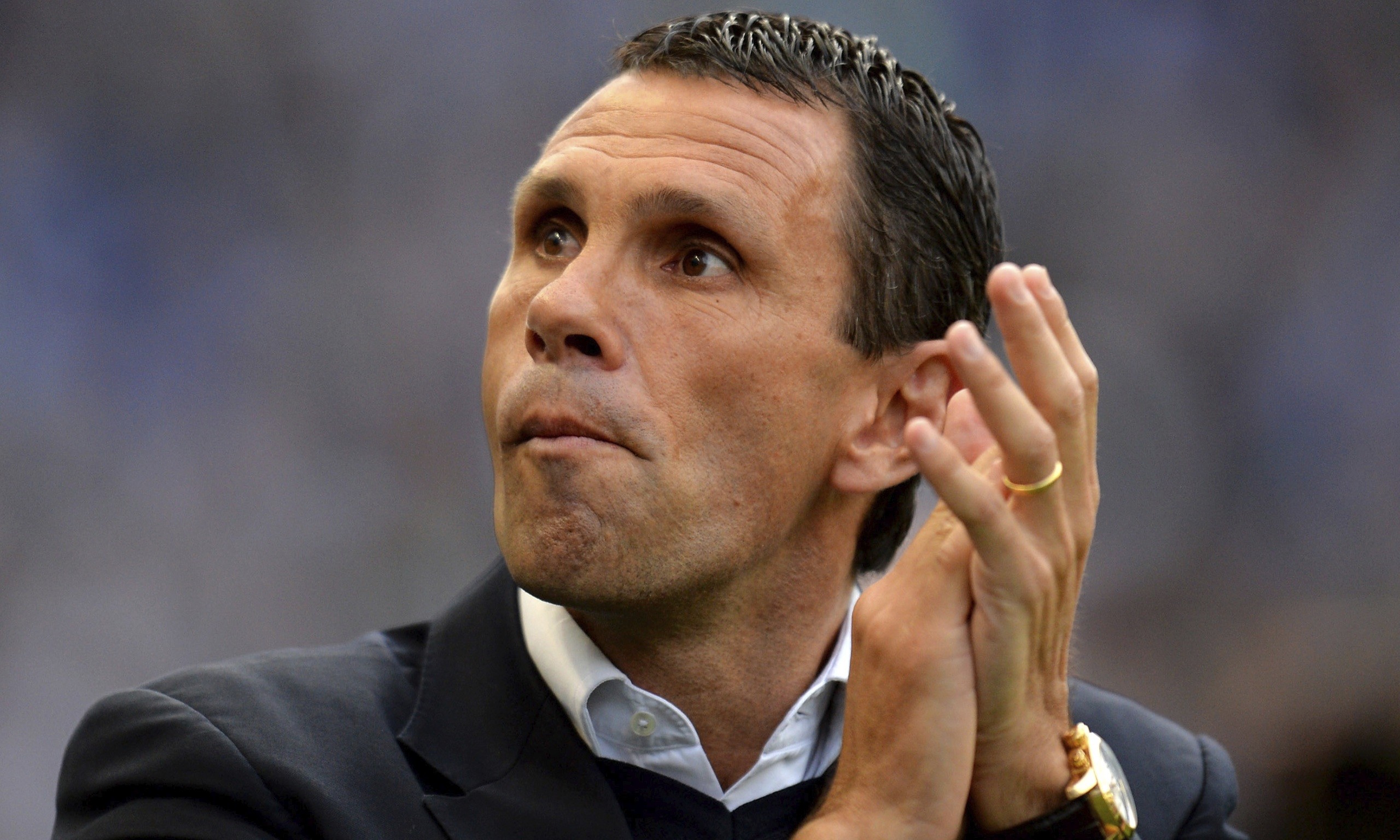
Introduction
Luca di Montezemolo is a prominent figure in the world of motorsport, particularly known for his leadership role at Ferrari during a transformative era for the Formula 1 team. His vision and strategic direction have left a lasting impact on the sport, making him a pivotal character in motorsport history. Understanding his contributions helps us appreciate not only the technical aspects of racing but also the business acumen required to succeed in such a competitive environment.
Early Career
Born on August 31, 1947, in Bologna, Italy, Luca di Montezemolo’s association with Ferrari began in the early 1970s when he started working with the team while studying law at the University of Bologna. He swiftly ascended through the ranks and played various roles for Ferrari, including a stint as the head of their sports car division.
Rebuilding Ferrari’s Formula 1 Team
In 1991, di Montezemolo returned to Ferrari as chairman, a time when the team was struggling to perform at a competitive level. Under his leadership, Ferrari underwent significant restructuring. He focused on building a strong team culture and recruiting top-notch engineers and drivers, including the legendary Michael Schumacher. This led to an impressive string of victories, including six consecutive Constructors’ Championships from 1999 to 2004 and five Drivers’ Championships for Schumacher.
Innovative Strategies and Marketing
Di Montezemolo was not just a motorsport strategist but also an innovative marketer. He redefined Ferrari’s brand within F1, transforming it into a global powerhouse, synonymous with luxury, performance, and success. His efforts extended beyond the track, as he built a commercial empire around Ferrari, attracting sponsors and increasing the team’s financial stability.
Legacy and Continuing Influence
After stepping down in 2014, di Montezemolo left behind a legacy that continues to influence both Ferrari and the broader motorsport arena. His vision of integrating business strategy with racing remains relevant, exemplifying how modern teams can achieve success both on and off the track. In light of recent developments in Formula 1, where teams are increasingly focusing on sustainability and technological innovation, Montezemolo’s foresight provides lessons for future leaders in the sport.
Conclusion
Luca di Montezemolo’s contributions to Formula 1 and Ferrari are invaluable. His ability to balance competitive success with brand expansion has set a benchmark in the industry. As the sport continues to evolve with new regulations and challenges, the principles he championed will likely guide the next generation of team leadership. Understanding his journey offers insights not only on achieving success in racing but also on the importance of vision and adaptability in business.
You may also like

Charlotte Bankes: A Leader in the World of Snowboarding

Lando Norris: The Rising Star of Formula 1

Gus Poyet’s Coaching Journey and Future Prospects
SEARCH
LAST NEWS
- Remembering Wendy Richard: The Promise to Co-Star Natalie Cassidy
- How Did Anglian Water Achieve an ‘Essentials’ Rating for Mental Health Accessibility?
- Shai Hope Leads West Indies in T20 World Cup Clash Against South Africa
- What We Know About Weston McKennie: Future at Juventus and Past at Leeds
- What We Know About the Upcoming Live Nation Antitrust Trial